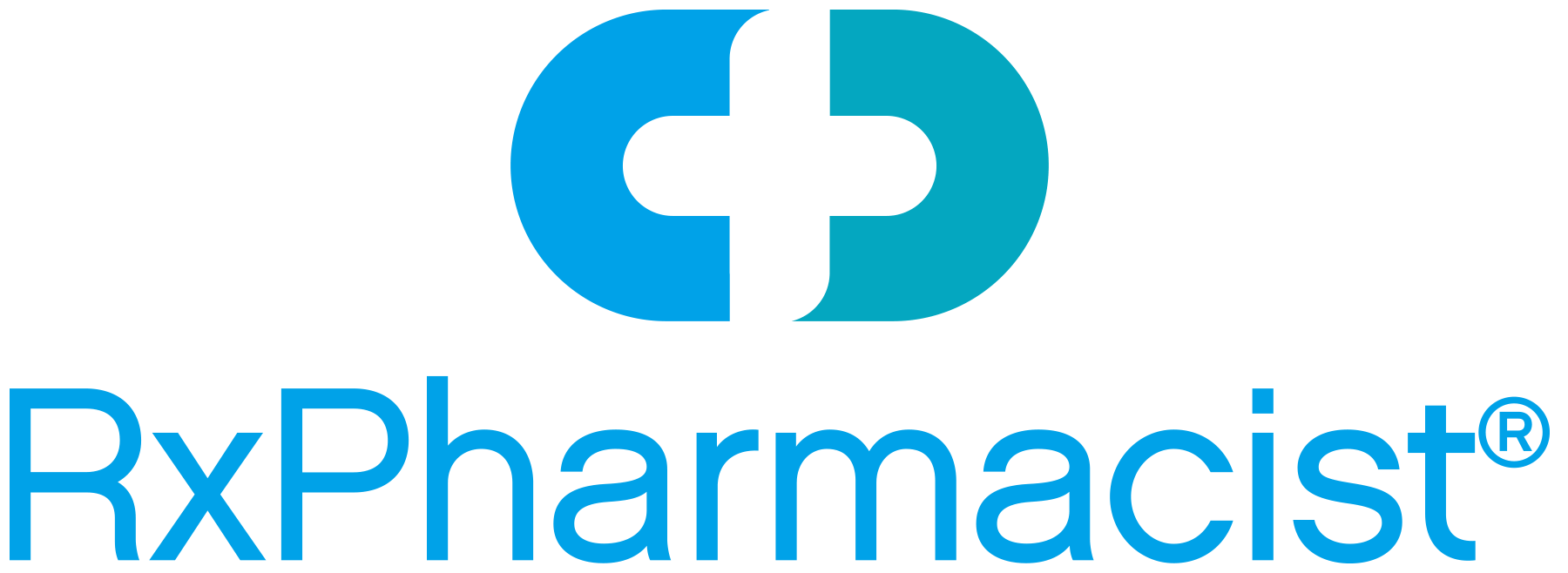How to Pass Your MPJE Exam the First Time

Remember the one or two pharmacy law classes you took in school? They may feel like a distant memory, but knowledge of the federal and state laws is crucial in passing the Multistate Pharmacy Jurisprudence Examination® (MPJE®).
Exam Information and Breakdown
You might be wondering, “Do I HAVE to take the MPJE?” It varies by state or jurisdiction, but as of 2024, the following boards of pharmacy do not require a jurisprudence exam:
- Alaska
- Idaho
- Michigan
- Puerto Rico
- Vermont
- Virgin Islands
If you are not seeking licensure in the states or jurisdictions mentioned above, you are required to pass the MPJE® to practice as a pharmacist. Another thing to note is that Arkansas and California have their own jurisprudence exam. Each state’s unique laws and regulations make this exam necessary, ensuring pharmacists are well-versed in the laws and compliant in practice.
Recent statistics show a downward trend in MPJE® first-time pass rates, reflecting the growing difficulty of the exam. For instance, the mean first time pass rate was 77.6% in 2021, 73.8% in 2022, and decreased even more to 72% in 2023. While the specifics of the MPJE® can be challenging, understanding its format and preparing effectively will set you up for success.

To tackle the MPJE® with confidence, it helps to know what to expect on exam day. The MPJE® is a 2.5-hour test featuring 120 questions designed to adapt to your responses. Out of these, 100 questions will impact your score, while the remaining 20 are pretest questions meant for future exams. You won’t know which questions are pretest questions, so it is in your best interest to answer all questions. Similar to the NAPLEX ®, you’ll answer questions in the sequence they appear and there is no option to skip or revisit questions once you have moved on. The MPJE® test results are reported simply as “Pass” or “Fail”, with no numerical score. Understanding this format can guide your study strategy and time management.
What will you be tested on? As of October 2023, the MPJE® will test you on the following key competencies:

Exam Study Tips and Helpful Suggestions
Now that you’re familiar with the exam layout, let’s dive into some effective study tips and strategies to help you prepare and ace the MPJE®.
- When in Doubt, Stick with the Stricter Law
Navigating the MPJE® can be tricky, especially since laws vary between federal and state levels. When you’re unsure, go with the stricter law in order to make sure you are answering the questions correctly. Always refer to your state’s board of pharmacy website for the most accurate and up-to-date information. These sites offer details on state laws, regulations, and policies, and frequently asked questions that clarify common questions and ambiguities.
- Read Slowly
Legal terminology can feel like a whole new language for pharmacists. After all, you weren’t trained to be well versed in knowing lots of legal jargon. To navigate this unfamiliar territory, take your time with the material. Reading slowly helps you process and understand complex legal concepts better. As you continue studying, these terms will become more familiar, making it easier to grasp the law.
- Know Your Controlled Substances
Make time to understand the different schedules for controlled substances, as these can vary by state. The DEA Manual for Pharmacists is a great resource to read up on regarding the regulations surrounding controlled substances. The exam often includes scenario-based questions where you’ll need to know the specific schedule of a drug and how it affects prescribing and dispensing practices. For these reasons, it is important to make sure you’re familiar with how different substances are categorized and any state-specific nuances that might apply.
- Know Your Numbers
Memorize key numbers related to pharmacy law. Some examples include:
- DEA form numbers
- Prescription expiration dates
- Record retention periods
- Technician-to-pharmacist ratios
- Refill limits
- Time limits to notify the state board of pharmacy for closures and address changes
- Practice, Practice, Practice
The MPJE® may include scenario-based questions that may seem unfamiliar. When in doubt, approach these questions by eliminating incorrect options and doing your best with arriving to the most logical answer on the exam. For targeted practice, RxPharmacist offers state-specific study guides designed by recent graduates. These concise guides feature two full practice exams covering both federal and state laws, helping you feel confident and well-prepared to pass your MPJE® on the first try.
While the MPJE® might seem like a daunting exam, thorough preparation will set you up for success. Follow these study tips and stay focused and confident—you are capable and have the skills to succeed. Good luck!
Winnie Chu
RxPharmacist Team
References:
- National Association of Boards of Pharmacy. Which States Require the MPJE? Available at: https://nabp.pharmacy/help/which-states-require-the-mpje/. Accessed July 23, 2024.
- National Association of Boards of Pharmacy. What is the MPJE? NABP Bulletin. Available at: https://read.nxtbook.com/nabp/bulletin/naplex_mpje_bulletin/what_is_the_mpje.html. Accessed July 23, 2024.
- National Association of Boards of Pharmacy. MPJE Pass Rates 2023. Available from: https://nabp.pharmacy/wp-content/uploads/NAPLEX-Pass-Rates-2023.pdf. Accessed July 28, 2024.
- National Association of Boards of Pharmacy. MPJE Competency Statements. Available at: https://nabp.pharmacy/programs/examinations/mpje/competency-statements/. Accessed July 23, 2024.
- U.S. Department of Justice Drug Enforcement Administration. Pharmacist’s Manual. Available at: https://www.deadiversion.usdoj.gov/GDP/(DEA-DC-046R1)(EO-DEA154R1)_Pharmacist%27s_Manual_DEA.pdf. Accessed July 23, 2024.
How to Pass Your MPJE Exam the First Time Read More »




